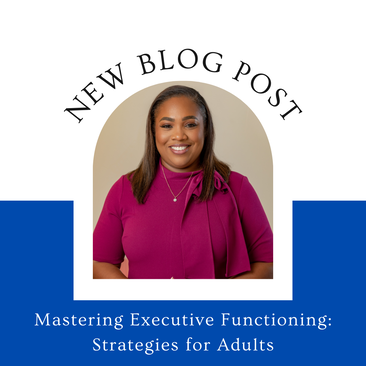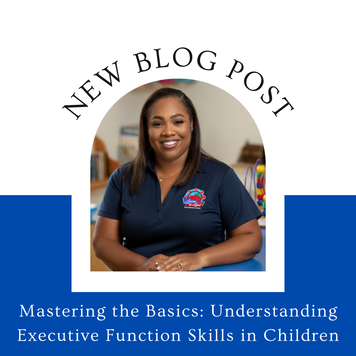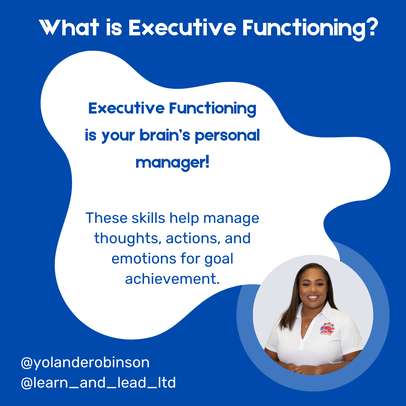Understanding Executive Functioning Challenges in Adults: Executive functioning challenges in adults can manifest in various ways – from difficulty in organizing tasks and managing time effectively to struggles with impulse control or adapting to changes. These difficulties might impact work performance, relationships, and overall daily functioning.
Compassionate Self-Recognition: It's essential to recognize and acknowledge these challenges without self-judgment. Many adults find themselves feeling overwhelmed, frustrated, or even ashamed by their struggles. However, understanding that executive functioning difficulties are a common part of the human experience can be the first step toward positive change. Strategies for Improvement:
While navigating executive functioning challenges as an adult can present its own set of hurdles, it's essential to approach this journey with kindness and patience toward oneself. By implementing these strategies and seeking the necessary support, you can pave the way for improvements in managing your executive functioning skills. Remember, your experiences and challenges are valid, and through proactive steps and self-compassion, you can strive toward greater success and well-being in your daily life.
0 Comments
What is Executive Functioning? Executive functioning refers to a set of mental skills that help individuals manage and regulate their thoughts, actions, and emotions to achieve goals. It encompasses three core areas:
Developing Executive Functioning Skills: As a parent, you play a vital role in nurturing and strengthening your child's executive functioning abilities. Here are some practical tips to support their development:
Understanding and nurturing executive functioning skills is an ongoing process that requires patience and consistent support from parents. By implementing these strategies in everyday life, you can empower your child to develop strong executive functioning abilities, setting them on a path towards success in academics, relationships, and future endeavors. Your involvement and guidance are invaluable in shaping your child's cognitive growth and overall well-being. Happy New Year! I'm so excited that we are now in 2024. January is often a time that we are looking to reset a few things here and there. To help with this, this week I'm going to spend some time sharing content on 'Executive Functioning.' Whether this information benefits you as a parent, as a teacher or for your own functioning, take what works for you and help allow it to help guide your success or the success of those around you.
|
Author
Yolande Robinson, M.Ed. PodcastShifting Perspectives is a conversation with Yolande and Latasha that challenges Listeners to fuel themselves with diversity in the way they think, the way they work, the way they parent and the way they live their lives.
Listen to Shifting Perspectives on Apple Podcasts, Audible, Amazon Music, Spotify, Google Podcast, Stitcher, Pocket Casts, Overcast, Castro, Castbooks, or Podfriend. Archives
July 2024
Categories
All
|






 RSS Feed
RSS Feed